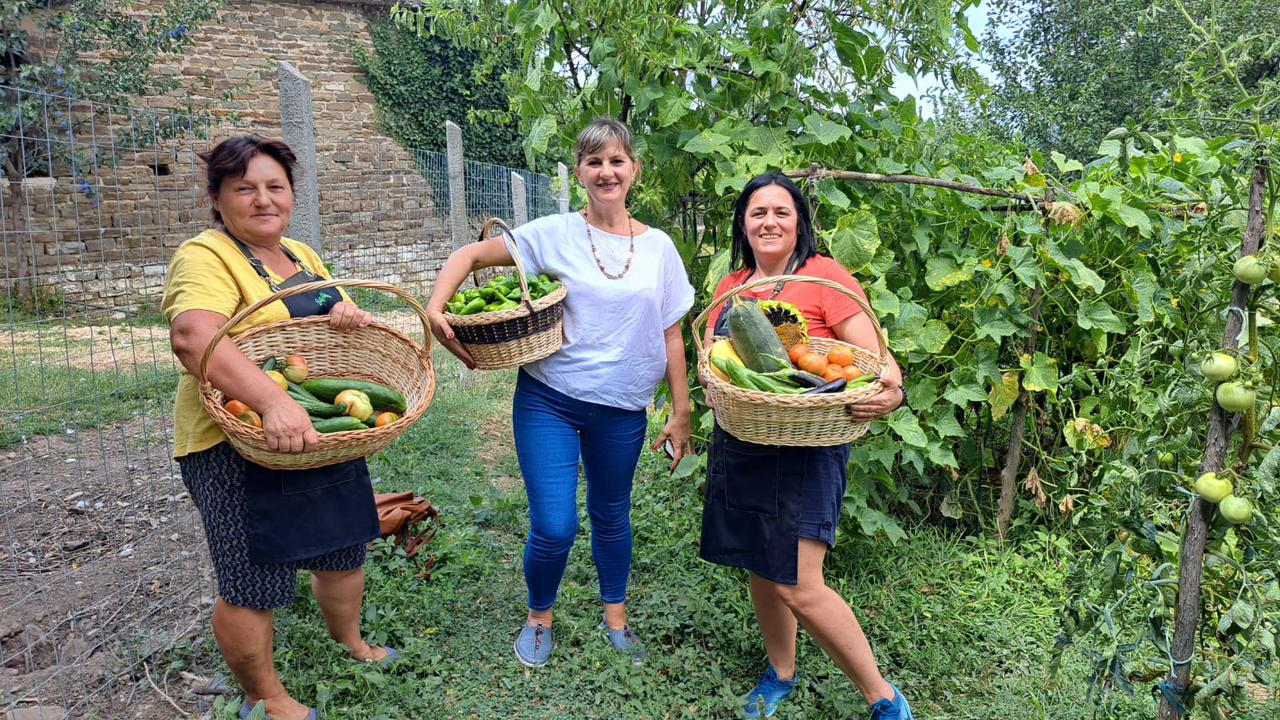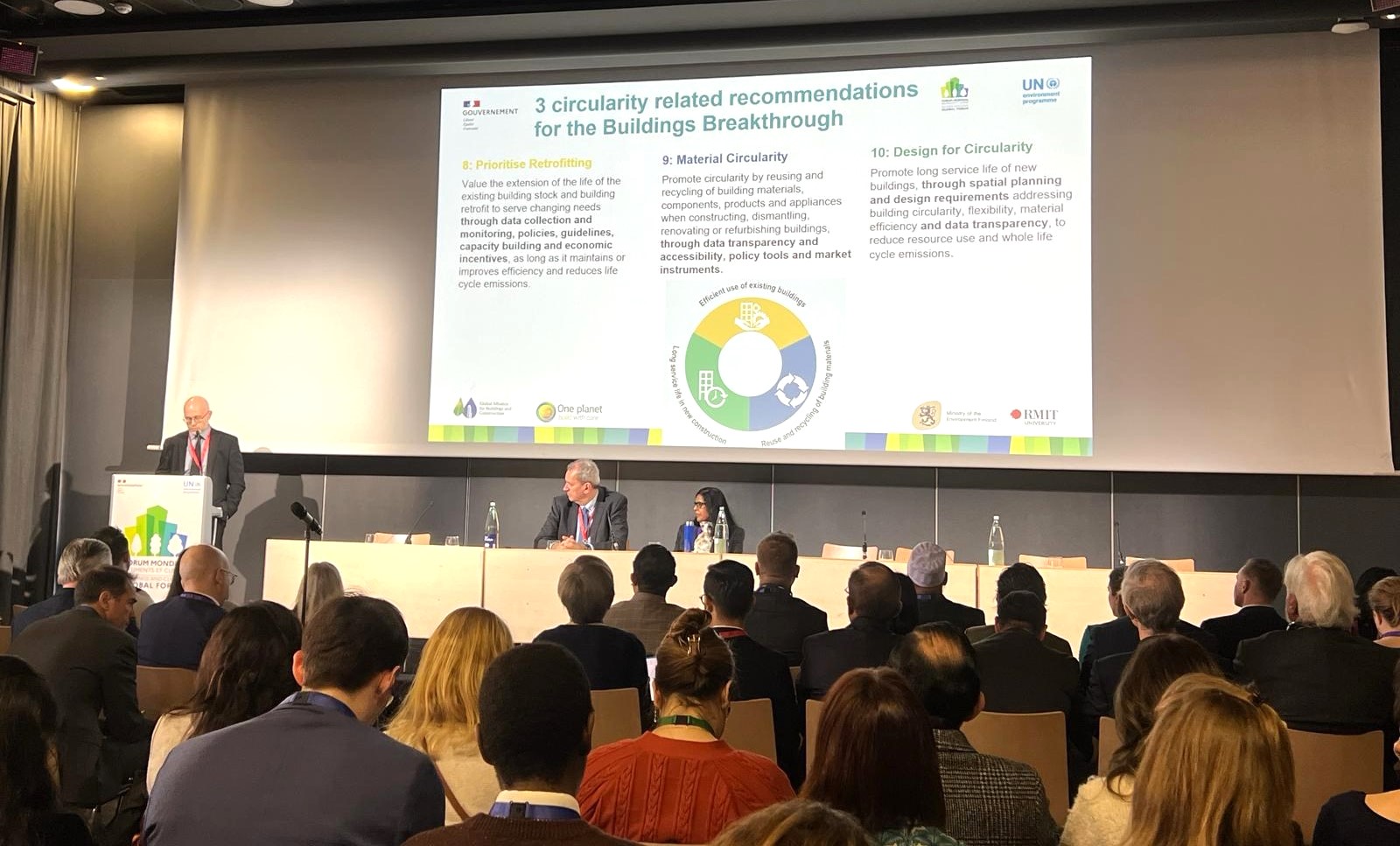Sustainable lifestyles among rural families in Zimbabwe: Small-scale conservation farming to change lifestyles in Africa and beyond
The objective is to promote sustainable farming, living and climate change adaptation in rural areas through capacity-building activities and the organization of self-support groups. The project will train farmers in nutrition (i.e. what foods they can eat and how food can be prepared differently) while also training them in how to grow additional crops.
The project aims to provide local communities with the knowledge and skills to support themselves and their communities. The outcome - that sustainable farming, adaptation and mitigation to climate change and living in rural areas in Zimbabwe are promoted and replicated - will be supported through increased use of sustainable farming, living, and consumption practices, increased engagement in vulnerability reduction and climate risk management activities, and decreased greenhouse gas emissions. The project strives to strengthen the link between training and improved/diversified production. Its objective is to organize 2,000 farmers into self- supportive groups, providing them with technical training and linking them to markets. This will be achieved by ensuring that all 2,000 farmers are active members of a local Farmers’ Club, and that the majority (75%) remain active at the project’s conclusion and are poised to continue the Farmers’ Clubs without project support.
The project will train farmers in nutrition – i.e. what foods they can eat and how food can be prepared differently – while also training them in how to grow additional crops. They will receive needed hardware input – pumps, animals – to support the initiation of their work. In this way, farmers will gain the skills and capacity to produce and consume more sustainably, while also gaining the knowledge to understand why this is important. The project's objective will be achieved by four interlinked outputs:
(1) Improved agricultural and climate smart production/consumption systems are applied by 2,000 farmers;
(2) Family income and livelihood options improved for 2,000 families through crop and livestock production, agro-processing and market linkages;
(3) Dietary diversity and general health improved by the targeted 2,000 farmers; and
(4) Project goals, lessons learned, results disseminated widely. Please contact Atsushi Watabe of the Institute for Global Environmental Strategies (IGES) for more information.
Image

Ryu Koide (IGES)
Project start date
01/05/2017
Project end date
30/06/2017

